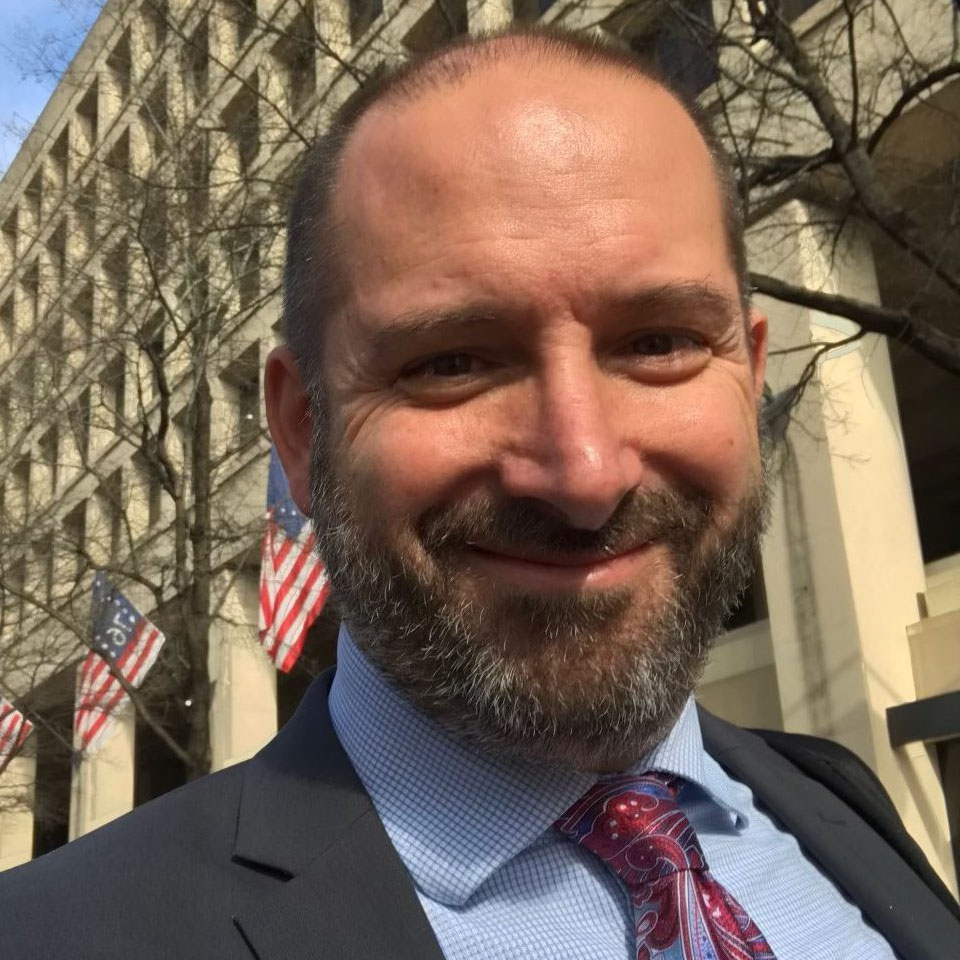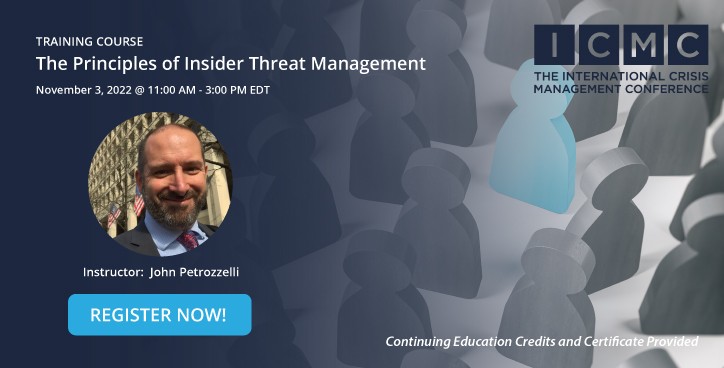Companies can often detect and mitigate external attacks. However, the insidious threat from an employee is harder to detect and can cause the most damage because they have legitimate access. That insider may steal solely for personal gain, or that insider may be a “spy”—someone who is stealing company information or products to benefit another organization or country. Attendees of this course will learn methods to prevent, deter, detect, mitigate, and respond to insider threats. They will learn to review procedures, identify deficiencies, and implement changes in their existing insider threat programs. For those in need a new program, this course will provide the template for success.
This training will cover:
- An Overview of Insider Threat types and motivations
- Understanding the Impact of Insider Threats – Sabotage, Theft of Intellectual Property or Resources, and Reputation
- Identifying Stakeholders
- Formulating risk management process
- Developing insider threat indicators
- Reviewing existing laws for insider threat Governance
- Developing Policy and standard operating procedures
- Deliverables for Implementing the insider threat Plan
- Course Resource Tool Kit
In this short video, John Petrozzelli answers some questions regarding his background and expertise in insider threat management and what to expect in this new training course.
*ICMC Members receive 30% off this course and all other training courses! Learn more about membership HERE.
Join us, November 3, 2022 from 11 AM – 3 PM EDT
Course Instructor: John Petrozzelli

John began his career as an intelligence officer in the U.S. Air Force in 1998 and served in the Republic of Korea in 1999. In September 2001, while supporting C-17 missions, he deployed to Sicily to support forward operating bases during the initial phases of the US war in Afghanistan. He then deployed to Germany to provide intelligence for C-17 missions delivering humanitarian airdrops to starving Afghans. John entered on duty with the FBI as an Intelligence Analyst in 2004, where he assisted in the creation of the Connecticut Intelligence Center Fusion Center and with the FBI InfraGard public outreach program. While in New Haven, he also led the analytic review of computer hard drives related to the Babar Ahmad/Tooting Group international terrorism investigation. In 2007, John transferred to the FBI Boston Field Office. As an Intelligence Analyst, he supported Civil Rights and Public corruption investigations until becoming a Supervisory Intelligence Analyst supporting analysis over all criminal programs in 2010.
In his FBI career and at Magna5, John has utilized his skills to deter, detect, and mitigate insider threats.

